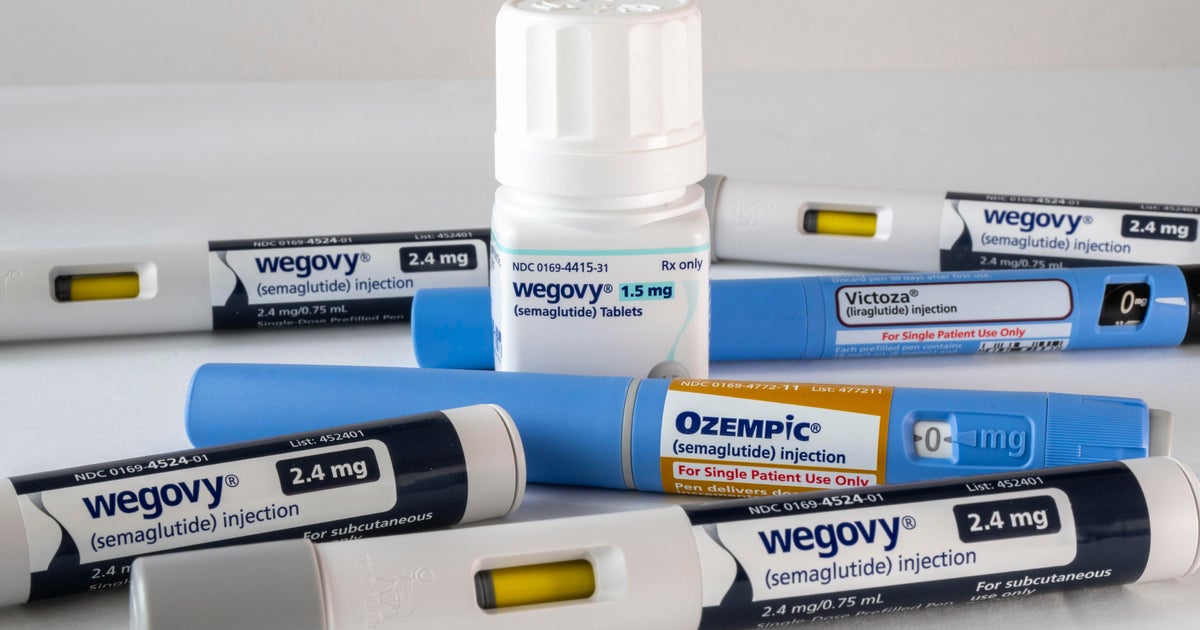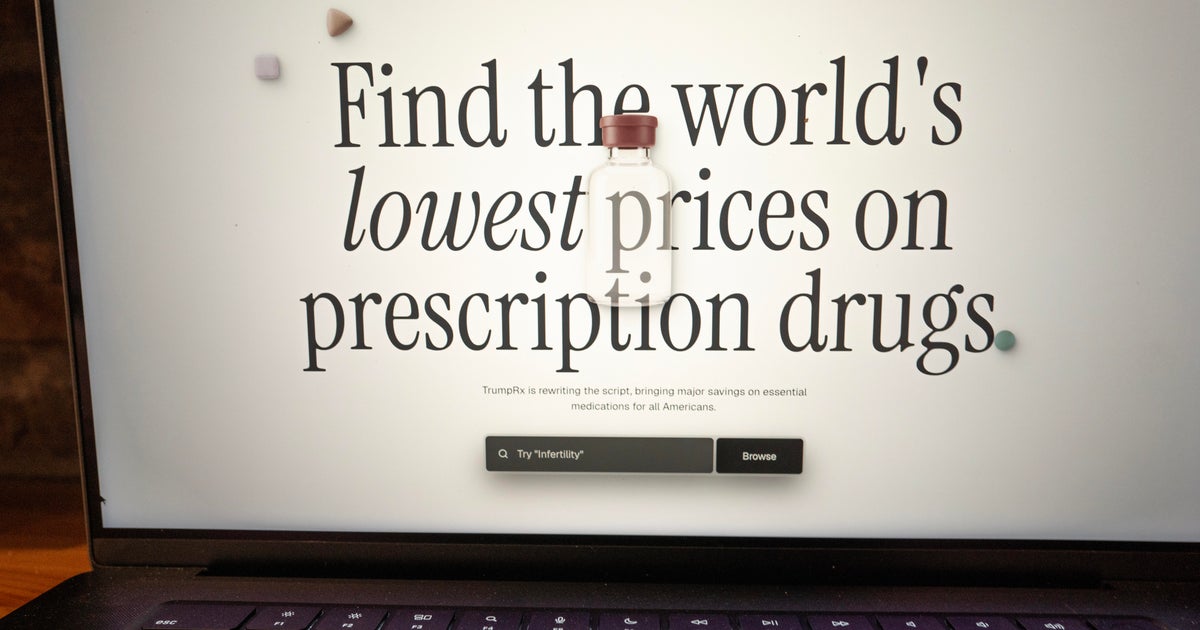WARNING: How a Daily Turmeric Supplement Nearly Destroyed This Woman’s Liver
A popular turmeric pill triggered horrifying liver damage in a U.S. woman. Learn why cooking-level turmeric is safe—but supplements can be deadly.

Turmeric has long been celebrated in kitchens and wellness circles—but a New Jersey woman’s brush with liver failure is shining a harsh light on its supplement form. After taking high-dose turmeric pills for inflammation, 57-year-old Katie Mohan was hospitalized with liver enzymes 60 times above normal, suffering symptoms like nausea, jaundice, and exhaustion. Within days, doctors warned she might need a liver transplant. Her story is the latest in a growing wave of cases linking high-dose turmeric supplements to drug‑induced liver injury.
Turmeric Versus Curcumin Supplements:
From Spice to Concentrated Dose
Ground turmeric used in food typically contains only about 3% curcumin, its active compound. In contrast, commercial supplements often contain up to 95% curcumin and are frequently combined with piperine (black pepper)—boosting absorption but increasing liver exposure. What is safe in cooking can become toxic when consumed in concentrated, enhanced forms.
WHO Guidelines and Unregulated Packaging:
The World Health Organization sets a safe daily upper limit of 3 mg curcumin per kilogram of body weight—roughly 200 mg a day for someone Mohan’s size. However, supplements easily exceed this. They are not tightly regulated by the FDA, meaning potency can vary widely, and consumers might unknowingly ingest dangerously high doses.
Katie Mohan’s Medical Crisis:
Sudden Onset of Liver Symptoms
In March, Mohan began taking 2,250 mg of turmeric daily—more than ten times the recommended threshold. Within weeks, she experienced fatigue, nausea, stomach pain, darkened urine, and jaundice. A doctor’s urgent care visit led to immediate hospitalization, and blood tests revealed liver enzyme levels 60 times above normal, a clear sign she was on the brink of liver failure.
Desperation Turns to Diagnosis
Initially unaware that a supplement could be at fault, Mohan continued worsening until she saw news reports about supplement‑linked liver injuries. When she stopped the pills, symptoms began to improve. After six days of IV treatment and monitoring in a major hospital, her liver began regenerating. She avoided a transplant—only by a narrow margin.
What Experts Are Warning:
Rare But Rising Risk
While rare, turmeric-related liver injuries are increasing. A 2022 clinical study reported 15 cases of suspected curcumin-induced hepatitis, out of thousands tracked by federal liver monitoring programs. Most patients were middle-aged women, whose symptoms usually began within 84 days of starting the supplement. One case was fatal.
Demographics and Dose Sensitivity
The majority of cases involved adult women using turmeric for health maintenance or inflammation relief. Many supplements also included piperine, which enhances curcumin absorption up to 20-fold—potentially overwhelming the liver’s capacity to process it. Genetics—such as carrying the HLA‑B*35:01 allele— may increase susceptibility.
Why Turmeric Supplements Pose Hidden Risk:
Supplement Labels Do Not Guarantee Safety
Consumers assume that dietary supplements are benign—but the FDA does not pre-approve herbal pills. Some products make unauthorized health claims. In many reported cases, patients had no known liver conditions yet still developed severe hepatitis, highlighting a lack of safety oversight.
Bioavailability Isn’t Always Beneficial
Piperine greatly enhances curcumin absorption, intended to increase efficacy—but in doing so, it also increases the liver’s chemical burden. That makes even standard doses riskier in sensitive individuals or those with liver vulnerabilities.
Key Symptoms and Red Flags to Know:
Early Warning Signs
Signs that warrant immediate medical evaluation include:
-
Dark or yellowing urine
-
Jaundice or yellowing of the skin/eyes
-
Persistent nausea or fatigue
-
Abdominal pain or feeling of heaviness
These are classic symptoms of drug-induced liver injury, and should prompt a liver function test—especially in anyone taking supplements.
Genetic and Health History Influences
Individuals with known liver conditions—like fatty liver, cirrhosis, or hepatitis—are at higher risk. Genetic predispositions like HLA‑B*35:01 may also play a role. Medical professionals advise against turmeric supplements for these groups.
Broader Context—Herbal Supplements Under Fire:
Global Reports and Manufacturer Warnings
In Australia, regulators reported 18 cases of turmeric-linked liver damage by mid-2023. Italy banned health claims related to turmeric due to toxicity concerns. FDA warning letters have cited false curcumin claims in more than two dozen U.S. supplement products.
Turmeric Is Now a Leading Cause of Herb‑Induced Liver Injury
Data from the U.S. Drug‑Induced Liver Injury Network shows turmeric supplements are among the most frequent herbal triggers of acute hepatitis and supplement-related liver failure.
How Much Is Safe—and Who Should Never Take It?:
NSAID‑Like Effects and Alternatives
Turmeric and curcumin have some anti-inflammatory effects and may support joint health in controlled, clinical doses. But most benefits in cooking don’t translate directly to medical-grade supplementation. Experts recommend cautious use of no more than 500–1,000 mg curcumin per day, only under physician guidance.
Safer Use via Food or Light Supplements
Consuming turmeric in food—alongside black pepper and fat—is considered safe and beneficial without risk of liver overload. Whole‑food synergies and lower absorption make cooking-level doses significantly safer than capsule extracts. Supplements rarely, if ever, add substantial benefits for most people.
Summary
| Topic | Details |
|---|---|
| Case Summary | 57‑year‑old NJ woman hospitalized with liver enzymes 60× normal |
| Dosage Taken | 2,250 mg turmeric supplement daily (vs WHO’s ~200 mg/kg limit) |
| Key Symptoms | Jaundice, fatigue, nausea, dark urine |
| Medical Intervention | Hospitalized six days, IV treatments, liver began regenerating |
| Risk Factors | Female gender, high dose, presence of piperine, possible genetics |
| Supplement Warnings | Not FDA‑regulated, added dosage risk, mixed potency |
| Scientific Evidence | At least 15 confirmed cases in U.S.; rising incidents |
| Safer Lower‑Dose Usage | Ground turmeric in food with black pepper and fat for improved absorption |
Why This Story Matters to You
-
Natural doesn’t mean harmless. Just because turmeric is labeled "natural" doesn't mean it's safe at high doses.
-
Supplements are mostly unregulated. They can contain higher potency than advertised—and lack scientific oversight.
-
Symptoms can be delayed. Many people don’t link fatigue or dark urine to supplements.
-
Your body may be vulnerable. Genetics and liver health play a role in how your body responds.
Conclusion
Katie Mohan’s ordeal is a frightening example of how even widely praised supplements can turn dangerous without proper precautions. While turmeric in cooking is safe and even beneficial at culinary levels, high-dose supplements—especially unregulated ones—carry real risk. Her story serves as a reminder: listen to your body, know your dose, and always treat herbal supplements with respect and caution.
What's Your Reaction?
 Like
0
Like
0
 Dislike
0
Dislike
0
 Love
0
Love
0
 Funny
0
Funny
0
 Angry
0
Angry
0
 Sad
0
Sad
0
 Wow
0
Wow
0



























































